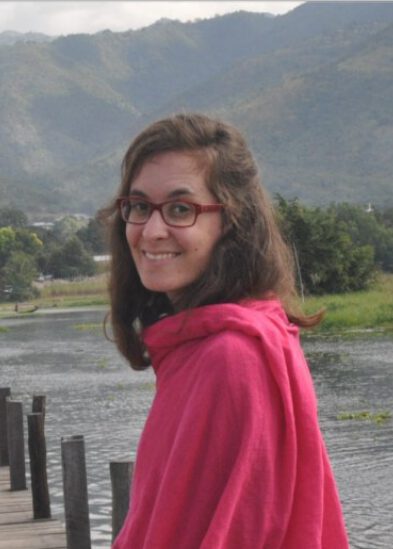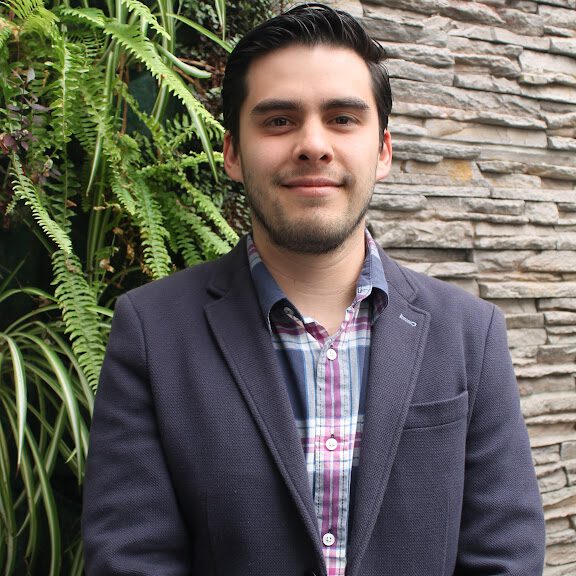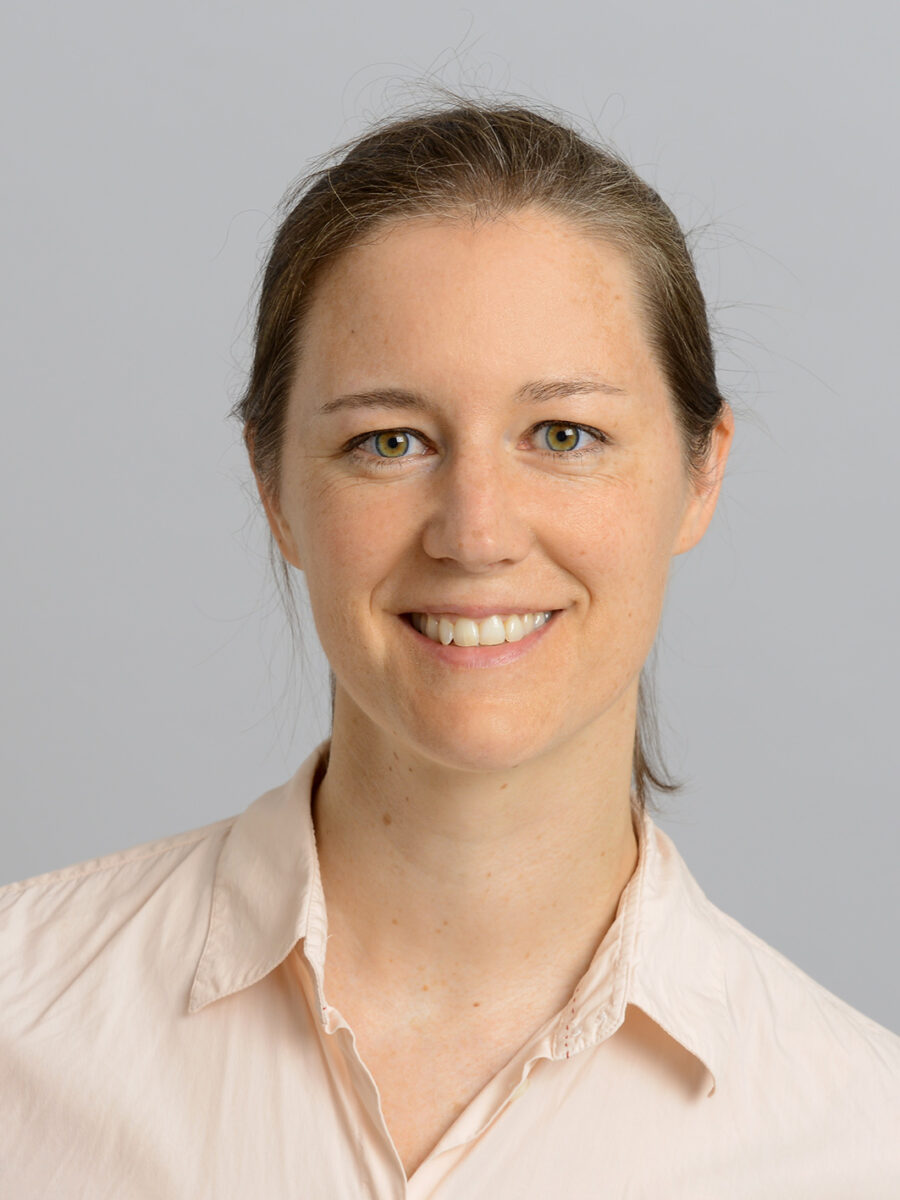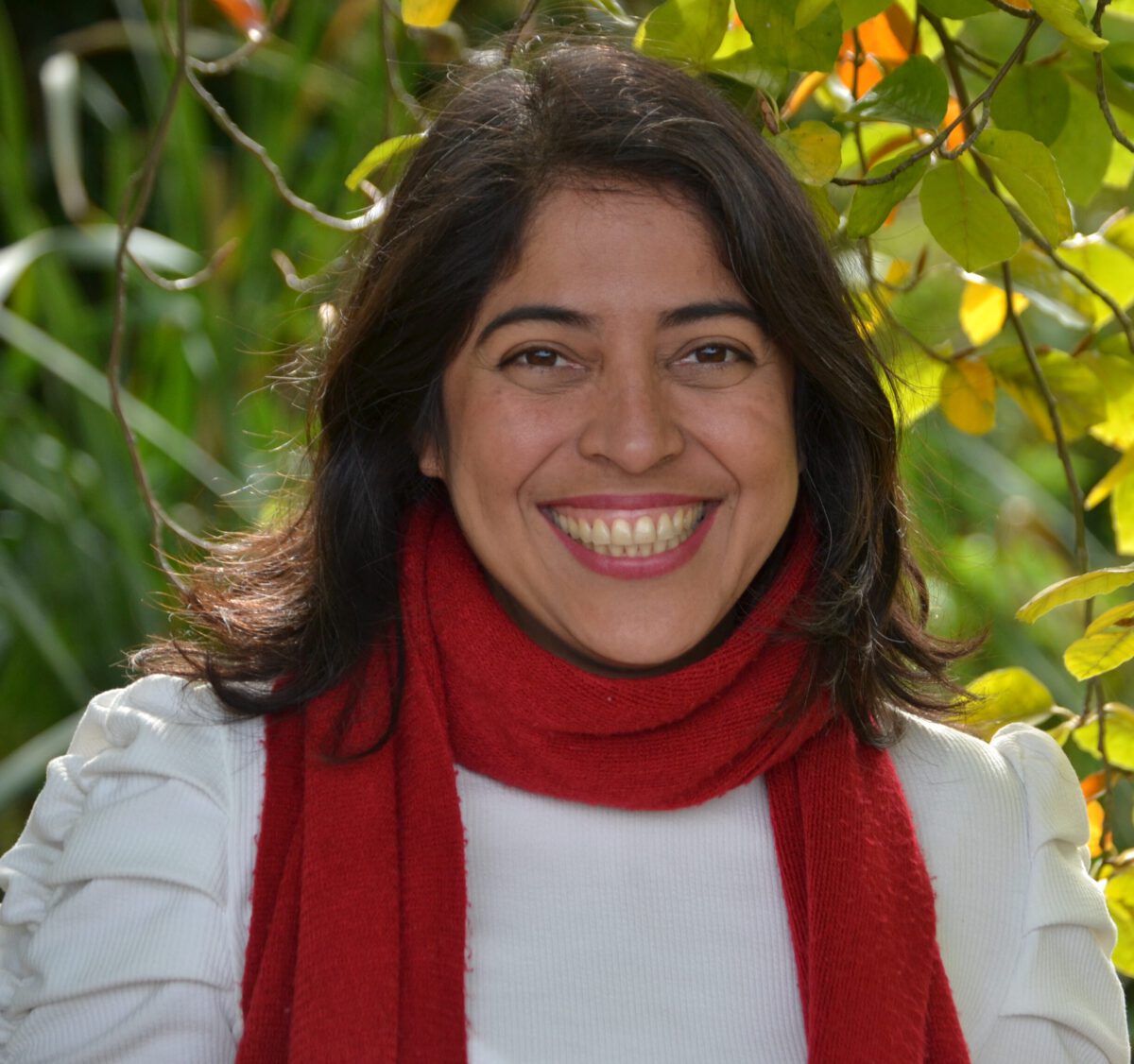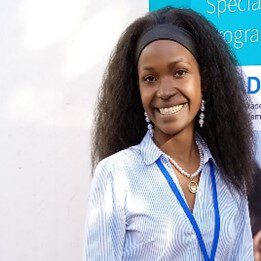Isabelle Desportes
Isabelle Desportes
Postdoctoral Researcher of Geography
Isabelle Desportes is a postdoctoral researcher at the Centre Marc...
Juan Alberto Gran Castro
I am a professor and researcher at the University of Guadalajara, in the university center for economic and administrative sciences, attached to the department of social and legal sciences. My research focuses on the implications of climate change in urban areas, with a particular emphasis on communities experiencing high levels of marginalization. My areas of expertise include issues of social vulnerability and disaster risk reduction, which I approach from the lenses of political ecology and environmental justice. My research projects focus particularly on the Guadalajara Metropolitan Area and other cities in Mexico.
Country/Region of interest/research focus: Guadalajara Metropolitan Area and other cities in Mexico
Juan Alberto Gran Castro
Profesor Docente e Investigador
I am a professor and researcher at the University of...
Almut Schilling-Vacaflor
Almut Schilling‐Vacaflor, PhD, currently works as a Postdoc at Osnabrück University and co-leads two research projects about soy and beef supply chains from Brazil, with a focus on regulatory governance, corporate accountability and environmental justice. Prominent themes in her research are business and human rights, environmental governance, global supply chains, Indigenous peoples and FPIC, extractive industries and the agribusiness in Latin America.
Country/Region of interest/research focus: Brazil, Bolivia, Andean region, Latin America, Europe
Almut Schilling-Vacaflor
Postdoc
Almut Schilling‐Vacaflor, PhD, currently works as a Postdoc at Osnabrück...
Wendy Chávez-Páez
Wendy Chávez is an economist (Polytechnic School of Guayaquil, Ecuador) and holds a master’s degree in public administration (New York, USA) and a master’s degree in human settlements (KU Leuven, Belgium). She is a junior researcher and PhD student in Political and Cultural Change at the Center for Development Research of the University of Bonn. Her thesis project is about conflicts caused in the small-scale fisheries due to the large-sale fisheries, and coastal dynamics in the Gulf of Guayaquil, with a focus on power, community justice, corruption, gangs´ operations and knowledge mobility. She has worked in the Ecuadorian academia, government sector, and civil society organizations. She is a founder member of the Observatory of Public Policy of Guayaquil. She also performs voluntarily as the Academic Coordinator of the local organization Fundación Cerro Verde, which works actively with ancestral communities of the Gulf of Guayaquil to conserve the mangrove ecosystem.
Country/Region of interest/research focus: Gulf of Guayaquil, Ecuador
Wendy Chávez-Páez
PhD student in Political and Cultural Change
Wendy Chávez is an economist (Polytechnic School of Guayaquil, Ecuador)...
Salome Wairimu Gikonyo
Miss Salome Gikonyo is a young researcher and environmentalist specializing in sustainability, transformative research and environmental management. She is an award-winning scholar of the leadership for Africa scholarship Award issued by the German Academic Exchange Service (DAAD) January 2023. She is currently pursuing master’s degree in Sustainability at Kiel university Germany. She has served as a research assistant at the UNESCO Chair for Higher Education Development for a Green Economy and Sustainability. In her role she has greatly contributed into research and co-authored papers in areas of circularity, green economy, sustainability and climate change. She has engaged in lot of conferences and made recommendable contributions; she was among the attendees of the European Conference on African Studies that was held in cologne Germany June 2023. Her passion and ambitions contribute greatly in the achievement of sustainable development goals. She is a true example that young people are capable of taking the stewardship role in creating a sustainable future for all.
Country/Region of interest/research focus: Africa
Salome Wairimu Gikonyo
Environmentalist & master student in sustainability
Miss Salome Gikonyo is a young researcher and environmentalist specializing...
Ravn Haid
Student of the master program “Environmental Management” at the Christian-Albrechts-University of Kiel. He is currently focusing on socio-technical imaginaries within the hydrogen energy transition in Schleswig-Holstein, Germany. Since Northern Germany has huge potentials for renewable energy production, the construction of a hydrogen energy infrastructure in Schleswig-Holstein is on its way. Ravn is researching the social and power relationships between the hydrogen transition expert-groups and the locally affected society with a special interest on the hydrogen infrastructure project “Westküste100” in Heide.
Country/Region of interest/research focus: France, Thailand, Germany/Schleswig-Holstein, STS research in hydrogen technologies
Keywords: Climate Change Adaptation, Climate Politics, Degrowth, Ecological Economics, Energy Justice, Gender and Development, Inter-and Transdisciplinary Research Methods, Marine Social Science, Migration, Mobility Concepts, Political Ecology, Postcolonialism, Science and Technology Studies, Socio-Ecological Transformation, Urban and Regional Planning
Ravn Haid
Environmental Management Student
Student of the master program “Environmental Management” at the Christian-Albrechts-University...


